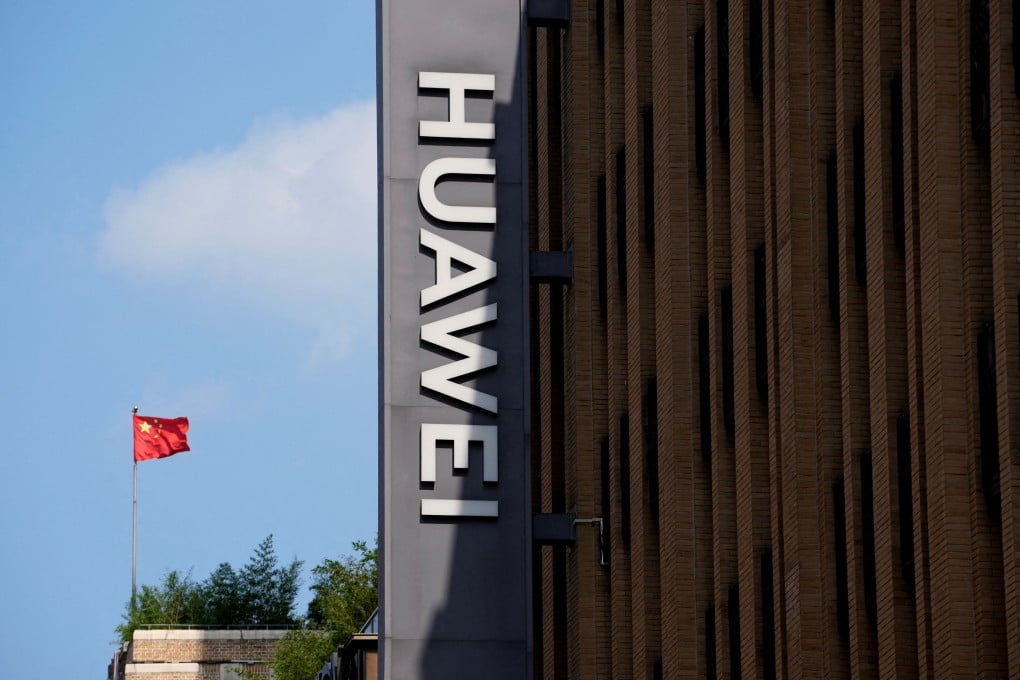Advertisement
Opinion | Huawei quandary shows how tech firms are vulnerable to US-China crossfire
- US targeting of Huawei reflects the challenges innovative companies face in an increasingly interconnected yet politically sensitive world
- The world should push for common regulations and collaborations that encourage inclusive, responsible innovation
Reading Time:3 minutes
Why you can trust SCMP
17

In the intricate realm of global geopolitics, Huawei Technologies, the world’s leading telecoms equipment manufacturer, finds itself at the centre of an escalating conflict between the US and China as they vie for global technological leadership.
This protracted conflict has dragged Huawei into a complex narrative: is it a technological powerhouse devoted to global norms or, as US intelligence authorities believe, a potential conduit for espionage? Both countries employ these narratives to advance their domestic agendas. Analysts, however, caution that such tactics could disastrously escalate US-China tensions.
Huawei has an extensive presence in China. Beyond it, Huawei has established a global image that shows the distinctive traits and qualities that have helped it remain resilient despite the US-China trade war.
Advertisement
At the core of the debate is Huawei’s identity. US intelligence officials see it as an extension of China’s military, justifying sanctions and its exclusion from international phone networks on national security concerns. But Huawei positions itself as an entrepreneurial, research-driven tech company owned by employees and committed to fulfilling the changing requirements of its customers.
Importantly, determining whether Huawei’s telecoms equipment is capable of spying or poses a threat to national communication networks is a task beyond the scope of the layman. The enclosed nature of telecoms equipment and lack of conclusive evidence backing spying charges add to the complexity of the situation.
Advertisement
Much has been made of Huawei founder Ren Zhengfei’s military past but he was part of the People’s Liberation Army as an engineer at a garment factory. Neither does Huawei’s early failures suggest much direct governmental support.
Advertisement
Select Voice
Select Speed
1.00x
